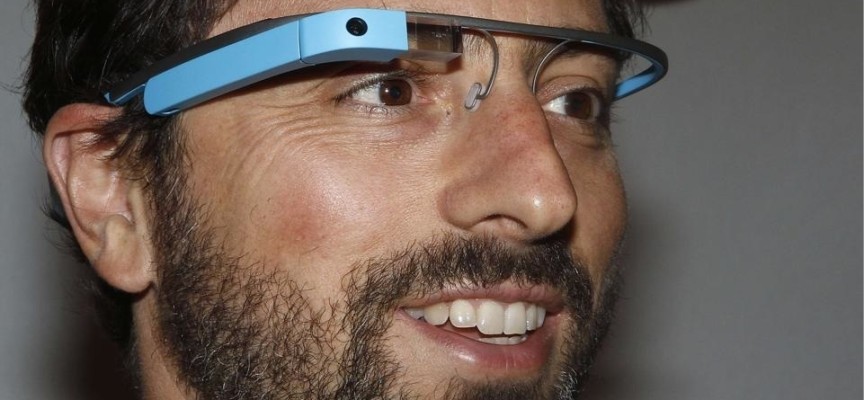By Alexei Oreskovic, Sarah McBride and Malathi Nayak
SAN FRANCISCO (Reuters) – After two years of popping up at high-profile events sporting Google Glass, the gadget that transforms eyeglasses into spy-movie worthy technology, Google co-founder Sergey Brin sauntered bare-faced into a Silicon Valley red-carpet event on Sunday.
He'd left his pair in the car, Brin told a reporter. The Googler, who heads up the top-secret lab which developed Glass, has hardly given up on the product — he recently wore his pair to the beach.
But Brin's timing is not propitious, coming as many developers and early Glass users are losing interest in the much-hyped, $1,500 test version of the product: a camera, processor and stamp-sized computer screen mounted to the edge of eyeglass frames. Google Inc itself has pushed back the Glass roll out to the mass market.
While Glass may find some specialized, even lucrative, uses in the workplace, its prospects of becoming a consumer hit in the near future are slim, many developers say.
Of 16 Glass app makers contacted by Reuters, nine said that they had stopped work on their projects or abandoned them, mostly because of the lack of customers or limitations of the device. Three more have switched to developing for business, leaving behind consumer projects.
Plenty of larger developers remain with Glass. The nearly 100 apps on the official web site include Facebook and OpenTable, although one major player recently defected: Twitter.
"If there was 200 million Google Glasses sold, it would be a different perspective. There’s no market at this point," said Tom Frencel, the Chief Executive of Little Guy Games, which put development of a Glass game on hold this year and is looking at other platforms, including the Facebook Inc-owned virtual-reality goggles Oculus Rift.
Several key Google employees instrumental to developing Glass have left the company in the last six months, including lead developer Babak Parviz, electrical engineering chief Adrian Wong, and Ossama Alami, director of developer relations.
And a Glass funding consortium created by Google Ventures and two of Silicon Valley's biggest venture capitalists, Kleiner Perkins Caufield & Byers and Andreessen Horowitz, quietly deleted its website, routing users to the main Glass site.
Google insists it is committed to Glass, with hundreds of engineers and executives working on it, as well as new fashionista boss Ivy Ross, a former Calvin Klein executive. Tens of thousands use Glass in the pilot consumer program.
“We are completely energized and as energized as ever about the opportunity that wearables and Glass in particular represent," said Glass Head of Business Operations Chris O'Neill…
To Read More: http://news.yahoo.com/insight-google-glass-future-clouded-early-believers-lose-121903494–sector.html







